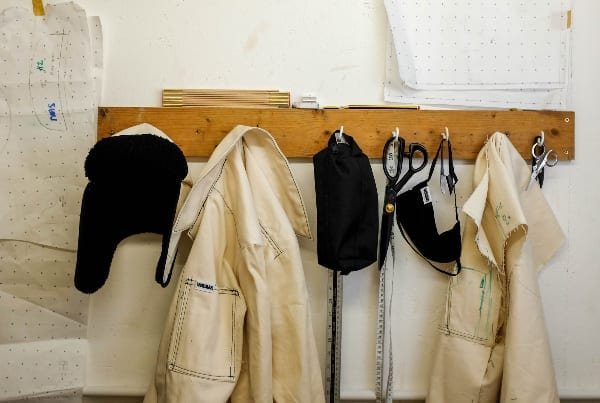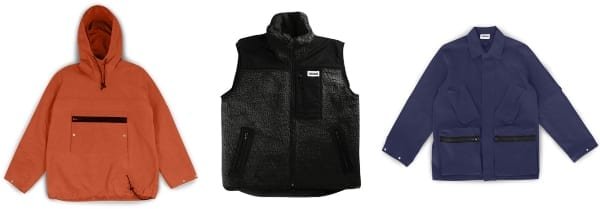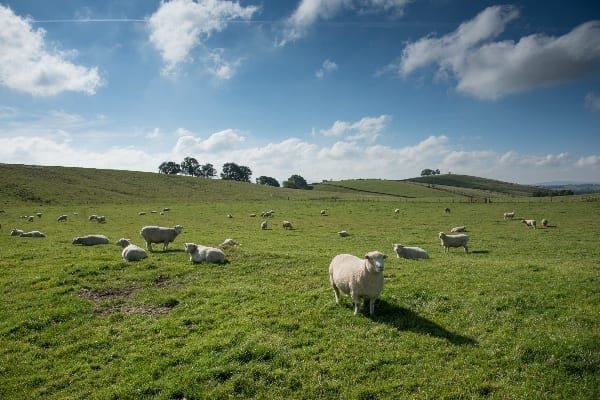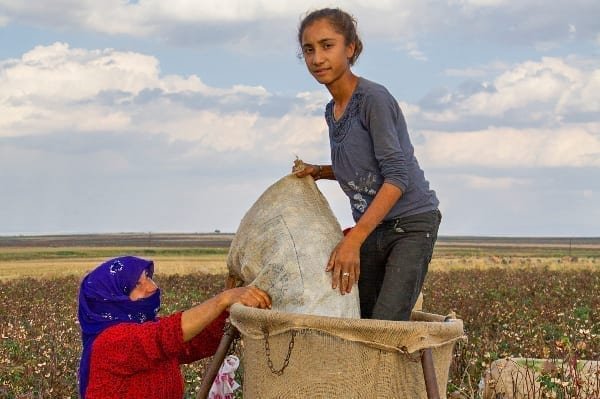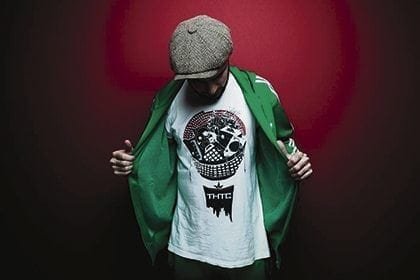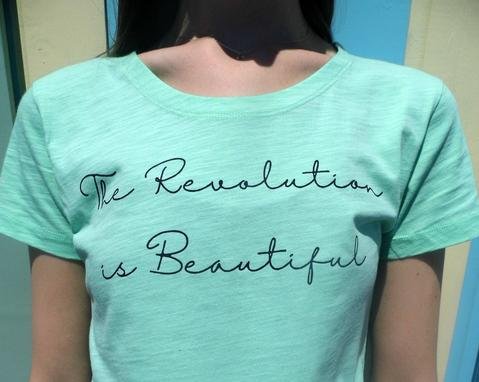Sustainable streetwear brand WAWWA Clothing has pledged to help revitalise the once-thriving textile industry in Manchester.
It has committed to the expansion of in-house manufacturing and training programmes for local designers, cutters and seamstresses.
The Manchester-based brand has made the commitment to develop staple garments – exclusively designed, sourced and created on site – illustrating that what started of necessity will now be an essential focus to be considered in future collections.
Local craftsmanship
The sustainable clothing brand makes organic, Fairtrade, vegan, planet-friendly clothing with a positive social impact. It operates out of a 200-year-old cotton mill in New Islington, Manchester.
The Manchester-based factory in Islington will be the lifeblood of the brand’s sustainable approach. Alongside its in-house sampling and forthcoming new women’s wear offering, WAWWA will continue to produce its recycled denim and organic waxed cotton bucket hats, messenger bags, totes, masks, mask pouches, planters and sewing kits within its own factory.
WAWWA Clothing will continue celebrating their team’s local craftsmanship whilst working with nearby businesses, including a Bolton-based factory that creates its outerwear, to source innovative materials and create new products.
The factory space in Islington will be used to train young local people in the textiles industry with the aim to stem the migration of talented designers, cutters and seamstresses out of Manchester.
A social impact
The brand strives to champion its new local approach to reinvigorate a dying trade, encouraging new people to participate in more local-focused, economically sustainable and environmentally conscious practices.
Moving forwards, the brand plans on slowly expanding the factory in terms of its team of talented people working there, the size of the space and the output of conscious and considered products produced.
Alongside the AW20 Collection, WAWWA Clothing will continue its hugely successful 1+1 collection; for every sale of a hat or a pair of socks, another will be donated to homeless charities throughout the UK.
To date, WAWWA Clothing has donated over 4,000 hats. WAWWA Clothing has now expanded its collection range to include socks and scarves and is teaming up with national charities to reach refugees, low-income families and mental health service users.
 Play Video about This Rock Might Just Save The World
Play Video about This Rock Might Just Save The World Play Video about Play 2 hours of rock
Play Video about Play 2 hours of rock Play Video about Play 2 hours of brook
Play Video about Play 2 hours of brook Play Video about Play 2 hours of sheep
Play Video about Play 2 hours of sheep

















